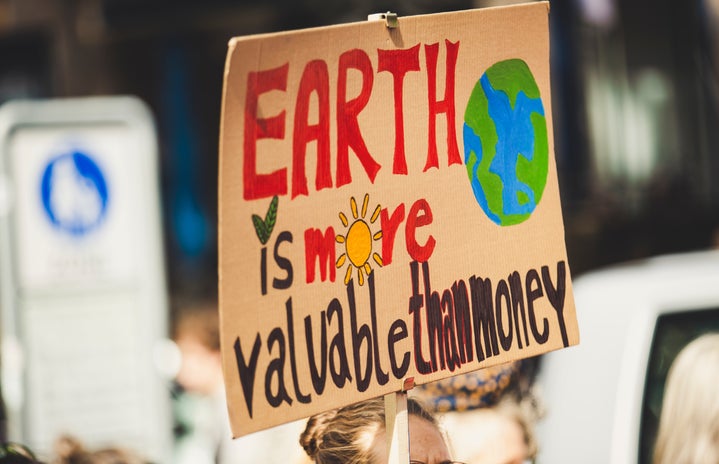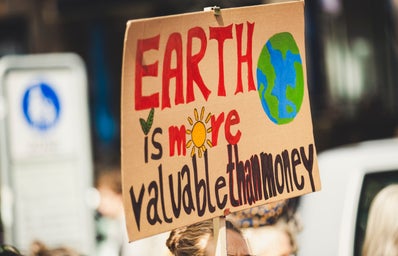On the 6th of November, I joined Bristol’s COP26 protest with the Socialist Worker’s Party. Dozens of other protests occurred, the largest being in Glasgow, where the conference was being held, followed by London and Bristol. Thousands turned up to rally and march against climate change and COP26, seeking zero carbon emissions, justice for the global south, and real consequences for using fossil fuels. So what is COP26?
COP is a ‘Conference of the Parties’ attended by world leaders and big business, where they will attempt to reach legal agreements to combat climate change. On the surface, this sounds like a positive thing. However, the fact that there has been 26 of them tells you how ineffective COP has been in the past, and therefore how ineffective it’s likely to be now.
While COP has been going on, The Guardian has reported that Shell and BP paid no tax on North Sea gas and oil for six years. They produce above 1.7bn tonnes of greenhouse gases a year. As said by Greta Thunberg – “It is not a secret that COP26 is a failure. It should be obvious that we cannot solve a crisis with the same methods that got us into it in the first place.”
This is why we protested against COP26. Many organisations, like the Socialist Worker’s Party, The Green Party, and Extinction Rebellion were there, but the majority of people were unaffiliated – from small children to older adults. It feels glaringly obvious that those at the conference are not yet making a change, and that this will impact our lives not just in the distant future, but in the here and now.
It is important for the public to hold our government and billionaires accountable for their part in climate change. Whether you like it or not, climate justice is not achievable by using paper straws. While making small personal changes is a good step in the right direction, we aren’t the companies responsible for the world losing 1.3 million sq km of forest because of deforestation, nor are we apart of Big Oil pushing climate denial propaganda.
Protests are a good place to start. Coming together as a collective does make a difference, as proved by Salena Williams, one of the organisers of Bristol’s protest, who said that “we can have an impact on what they say, but also building solidarity provides a network we can use in the future… In Paris, there were massive demonstrations that did have an impact, they moved the target from 2 to 1.5 degrees [warmer than pre-industrial levels], so mass action does make a difference.”
Of course, this difference isn’t enough yet, but the more pressure we put on the people above the better, and the feeling of marching with thousands of others is inspiring enough to justify doing it in the first place. So the next time you hear about a protest, you should consider giving it a go. And the next time someone talks about COP, you can understand why it may not the most effective, and who the culprits of climate injustice really are.

